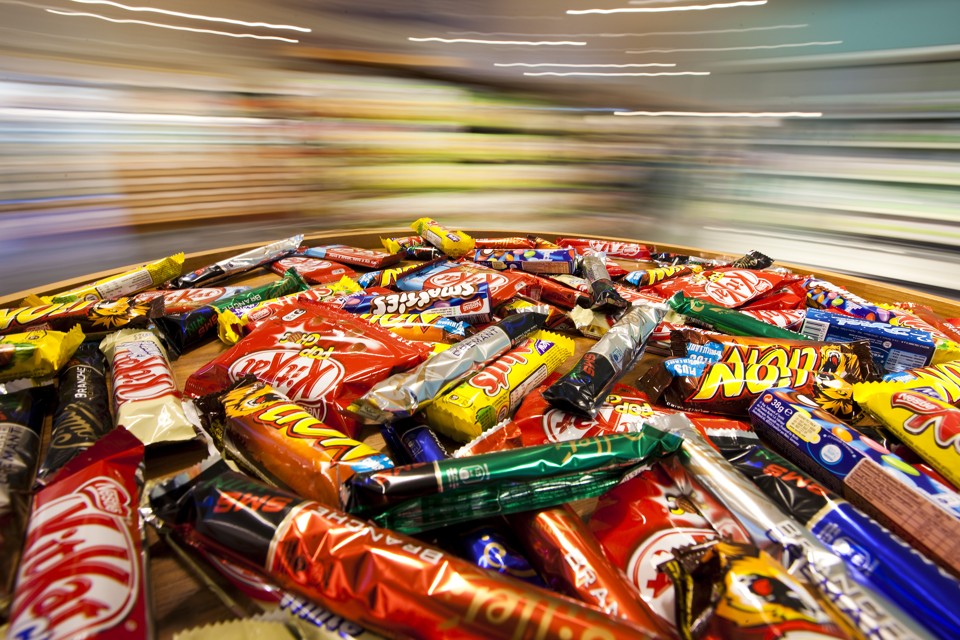What a Bad Decision Looks Like in the Brain
Marlene Breverman stashed this in neurology
In one recent experiment, Paul Glimcher, a neuroscientist at New York University, and collaborators asked people to choose among a variety of candy bars, including their favorite—say, a Snickers. If offered a Snickers, a Milky Way and an Almond Joy, participants would always choose the Snickers. But if they were offered 20 candy bars, including a Snickers, the choice became less clear. They would sometimes pick something other than the Snickers, even though it was still their favorite. When Glimcher would remove all the choices except the Snickers and the selected candy, participants would wonder why they hadn’t chosen their favorite.
Stashed in: Decisions, Brain, Awesome, Neuroscience, Decision Making
"Economists have spent more than 50 years cataloging irrational choices like these. Nobel Prizes have been earned; millions of copies of Freakonomics have been sold. But economists still aren’t sure why they happen. “There had been a real cottage industry in how to explain them and lots of attempts to make them go away,” said Eric Johnson, a psychologist and co-director of the Center for Decision Sciences at Columbia University. But none of the half-dozen or so explanations are clear winners, he said.
In the last 15 to 20 years, neuroscientists have begun to peer directly into the brain in search of answers. “Knowing something about how information is represented in the brain and the computational principles of the brain helps you understand why people make decisions how they do,” said Angela Yu, a theoretical neuroscientist at the University of California, San Diego."
Bad decisions look like chaos?
"Too many choices?"
Do you like your orange juice organic or regular, with or without calcium, or with minimal or maximal pulp?
How about your toothpaste? Is it the herbal variety with added fluoride, the cavity-busting option with baking soda or the original formula with flavor crystals?
The presumption is, self-determination is a good thing and choice is essential to self-determination," says Barry Schwartz, PhD, a Swarthmore College psychologist and author of "The Paradox of Choice: Why More is Less" (Ecco, 2004). "But there's a point where all of this choice starts to be not only unproductive, but counterproductive--a source of pain, regret, worry about missed opportunities and unrealistically high expectations."
In fact, some researchers find that too much choice can actually lead people to take less positive risks in making selections and to use simplifying strategies in lieu of more considered choices."
http://www.apa.org/monitor/jun04/toomany.aspx
Look at all the choices just for canned tuna and toilet tissue at the grocery store. Dizzying.
Not to mention all the choices of sugar, which isn't even good for you.
Agreed that fewer choices makes us happier.
fewer but some











12:15 PM Sep 06 2016